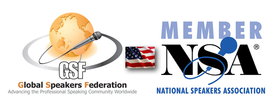|
It’s not enough to believe in diversity. You have to develop the ability to act upon it by defending your perspective and opinion when negative forces dictate otherwise. With so much “noise” in the marketplace your clarity and reasonable opinion can set the stage to protect the essential fundamentals of why global diversity, multiculturalism, and inclusion (DMI) are the positive and productive paths to our future.
You can help champion these efforts by implementing the following three steps that will ensure that DMI builds the correct course of action for us all. 1. Double Check Your Sources Make sure that your sources and news materials are accurate, reputable, and even-handed. Double-check your resources on multiple internet websites and/or print articles. If a sentence includes a high percentage that seems odd, check it elsewhere for accuracy. Stand by your beliefs, but make sure your sources are valid. 2. Watch Sweeping Generalities. Know Your Facts I recently wrote an article that stated that more than 250 mass shootings had been committed in America between January 1 and August 9, 2019. That may seem like a pretty gruesome tale to some; however, it’s a true statement WHEN you add how mass shootings are defined. I found the appropriate qualifier in a Forbes magazine article that defined the statement based on four or more killings at the same time. When I wrote the article, I sourced the statement by including the magazine link at the end of my article. You can expect pushback when your opinions or statements are controversial. Do your research so that you can confidently respond when the naysayers attempt to back you in a corner with their pushback. 3. Personalize your Concerns And Show Empathy To Connect With Others I am preparing to respond to a conservative Trump supporter who pushed back on my recent article I wrote and posted on LinkedIn urging people to break their silence on the state of our country. Although my response will counter his perspective, I respect the time and energy he took to state his claim. As much as possible, I want to understand his point of view without demeaning it. His demographic is important in the US, and I must try to understand his point of view. That’s looking at our disagreements from an empathetic perspective, with the goal of sharing ideas and opinions with a person who does not agree with me. The same process holds true with gaining some understanding of what a victim’s family is experiencing or on immigration issues, or how a family is coping with sudden financial hardships. Seeing a situation “on the other foot” will provide a balance between your personal feelings and what “the other” person is experiencing both on and off their job. Use these three methods to fortify your opinion while respecting the perspectives of the person on the other side of the debate.
0 Comments
Multiculturalism represents the landscape of our community as human beings. It’s a bigger concept than diversity because its very meaning requires an open platform for embracing multiple cultures, ethnic groups, and ideologies within a society. Multicultural means many cultures operating in the same space. America, like other countries, is multicultural because different cultural groups maintain a meaningful co-existence within the span of 50 states. Even though there are decades of history where oppression, racism, discrimination and legislative restrictions affected one ethnic group over another, the cultural coexistence remains a vital link to our identity as Americans. Multiculturalism demands that you coexist with others. In a truly multicultural society, one cultural group does not dominate another. The abundance theory is the prevailing rule, where society’s output is big enough for all of our cultures and ethnicities to be represented in an equally respectable manner. We seem to fully embrace multiculturalism in food. Visit any mall or shopping center in any city or town and the food courts are populated with people from all walks of life. From soul food to Cajun cooking, to Chinese cuisine to Indian vegetarian dishes, a typical food court presents the best argument that cultural pluralism can yield good value to any consumer’s taste buds. On the other hand, some aspects of multiculturalism are closely guarded and tolerated only to a point. It’s fascinating to watch professionals in the workplace celebrate the worthiness of multiculturalism on the job. One would think that the level of commitment to cross cultural causes would get packed up and taken straight home to share, just like that leftover shrimp fried rice gets taken home after the party at work has ended. Instead, far too often you witness the reinforcement of cultural silos as employees head to cars, buses, and trains to take them back to their neighborhoods that are all White, all black, all Hispanic, or mostly Asian. The social conformity of our neighborhoods provides the greatest opportunity for us to break through our comfort zones, venture out, and live among other cultures. It represents one of the central frontiers of true multiculturalism. Diversity is an important byproduct of multiculturalism. It speaks to the segmentation of our societies and frames the very categories that define who we are as individuals and members of specific groups or cultural components. I define Diversity from this perspective: Diversity is understanding, appreciating and ultimately managing difference and similarities at the same time. The emphasis is on the word AND. Diversity looks at both difference AND similarities, with one not being more important than the other. That’s where most people make a mistake by focusing on either one’s difference or one’s similarities without realizing that BOTH are in operation at the same time. For example, as an African American female, when speaking at conferences and meetings, I am accustomed to being “the only one,” that is, the only person of color either attending the meeting or speaking at the meeting. To focus on my difference from the rest of the conference attendees is only embracing half the experience. The other half recognizes that there are personal values, educational experiences, regional interests and industry issues that I share as similar points of intersection with those attending the same meeting. To just focus on my ethnic difference cancels out the rich value of those similarities of which I share in common with others. Okay, let me explain it another way. Some years ago I traveled to Kenya for the first time. It was the trip of a lifetime for me. The minute I stepped off that airplane, pulled out my American passport and presented it to the customs officer at the Nairobi, Kenya Airport, my differences AND similarities were on full display with every other American on that plane. Some of the passengers had black skin like mine. My travel mates (now called the Kenya Sistahs) were also African American females. Some of the passengers were white Americans. Others were Hispanics while other were Asian Americans. There were Europeans, Asians, and Africans on the plane, too. So the differences were on full display from ethnicity, gender, and socioeconomic class. However, the similarities also represented this collection of travelers. I held an American passport, as did many others on the plane. And meeting other Americans on that maiden voyage trip to mother Africa was so very exciting, since we were all thousands of miles away from home, and it was comforting to connect with other ex-patriots from the States. In diversity work, the similarities are as important as the differences. Similarities are on equal footing with differences. That is so important to remember since there is an incorrect assumption that diversity is polarizing because it only focuses on differences at the expense of similarities. You see it in families all the time. Brothers and sisters with the same biological parents, yet their values and opinions are as different as night and day. I see it in my own adult daughters, Michelle and Lorna. Their political, spiritual and economic opinions are very similar. However, their work habits, approach to preparation and personalities completely different. The same is true for extended families, members of associations and corporate colleagues. Differences should be valued with the same level of importance as similarities. They represent a different slice of the diversity equation. Take advantage of the countless situations that can frame your multicultural and diversity points of reference. It can become a lifelong opportunity for you to enhance your knowledge base while building cross-cultural relationships that can have a positive impact on your life. ====================== Carole Copeland Thomas, MBA, CDMP, CITM is a Boston based speaker and consultant focusing on global diversity, multiculturalism, and inclusion. She has been featured in the New York Times, Boston Globe, WGBH Radio, Black Enterprise Magazine, and CBS-TV.
Focus On Empowerment can be heard every Thursday at 1pm Eastern.
Log Onto: www.blogtalkradio.com/globalcarole Listen LIVE or Download Anytime At This Blog Post. Each broadcast can be replayed immediately following the show. ======================== It’s taken several generations for America to resolve some of its complex and interconnected racial scars of the past. And even though our twice-elected black president is set to leave the White House next week, a new set of challenges remain.What will the racial climate look like with our new president? And what will it take to finally acknowledge that there’s still much work to be done in the days ahead? Joining us today is Dr. Gail. C. Christopher, visionary founder of the National Day of Racial Healing, sponsored by the Kellogg Foundation. She will detail the origins of the day and how it will kick off on January 17, 2017. The Truth, Racial Healing, and Transformation (TRHT) enterprise created by W. K. Kellogg Foundation and a broad coalition of organizations from all sectors of society is working to end the belief and facilitate racial healing. TRHT is a community-driven vehicle for transformative change. The TRHT approach examines how the belief system became embedded in our society, both its culture, and structures, and then works with communities to design and implement effective actions that will permanently uproot it. We are marshaling individual, local, public and private resources to dismantle systemic, structurally-based patterns of discrimination at the municipal, county, state, Tribal and federal levels. At a recent summit, 570 people representing the 130 TRHT partner organizations issued a call to action to designate January 17, 2017, as the inaugural National Day of Racial Healing in America. I have written an article to accompany this important day of healing. It can be found at http://bit.ly/2jx9ml3 For more information visit: http://www.dayofracialhealing.com 9/15/2016 What’s Training, Talent and Talking Got To Do With It? Diversity and Multiculturalism In Today’s SocietyRead Now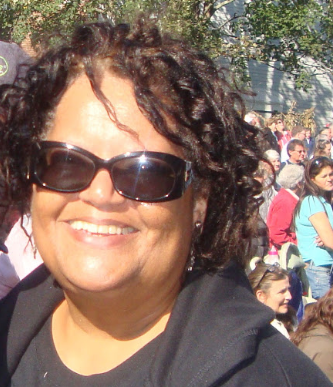 Educator and Activist Nancy Thompson Educator and Activist Nancy Thompson
Focus On Empowerment can be heard every Thursday at 1pm Eastern.
Log Onto: www.blogtalkradio.com/globalcarole Listen LIVE or Download Anytime At This Blog Post. Each broadcast can be replayed immediately following the show. ======================== What should have been topics long ago off the table are more important than ever. Front and center in our current presidential campaign are diversity and multicultural issues. In our corporate boardrooms: diversity and multicultural issues. In our classrooms and teacher lounges: diversity and multicultural issues. In our work cubicles, office spaces, field sites, labs, departmental divisions, police stations and executive suites: diversity and multiculturalism. They are the topics that thread us together for better or worse, richer or poorer, in sickness and in health. Diversity and multiculturalism are who we are and how we connect. We just need to find better opportunities to bridge the gap between enhancing our educational awareness of each other to yield better and more effective cooperative collaborations. We’ll explore these twin topics during today’s program in our conversation with educator and community advocate Nancy Thompson. She’ll talk about an upcoming Community/Police Forum that will cover everything from racial profiling to drugs in our street. Then I will walk you about three new events my company is producing to help drive the conversations forward: The November 3rd Multicultural Conference and our upcoming public trips to India and Cuba. Topics that should pique your interest. Topics that should expand your thoughts and actions in relevant and amazing new ways. ====================== CLICK HERE TO FIND OUT MORE ABOUT THE NOV 3rd MULTICULTURAL CONFERENCE CLICK HERE TO FIND OUT MORE ABOUT OUR TRIPS TO INDIA AND CUBA The American landscape is changing so rapidly that it’s often difficult to keep up with how diverse we have become. Those changes can be disturbing to some, while others embrace similarities and differences with more awareness and understanding.
Today we discuss these important issues with veteran diversity professional Simma Lieberman. A Berkeley based Jewish advocate who is also gay, Simma will help us understand how fear and lack of awareness are the biggest enemies to social change in our country. Learn why diversity still matters in our nation and why the LGBTQ community is an important segment of our country and our world. ============================================ About Simma Lieberman Simma Lieberman is internationally known as “The Inclusionist,” because she creates inclusive workplaces where employees love to do their best work, and customers love to do business. Her passion for diversity and its possibilities began in 1963 when she went on the March On Washington. In 1963. She wishes she could say that it was because of hearing Martin Luther King give his “I Have A Dream” speech, but she was too young to remember it. However, she has always remembered what it felt like to be amongst 250,000 people for the first time of all colors, cultures, and ages, rallying and marching together for change. Later on, she began working with a multi-cultural organization in New York City, where she was trained to facilitate dialogues with diverse racial and ethnic groups, in order to reduce tension, and create effective working relationships. Her first culture shock was when she moved from the Bronx to Eugene, Oregon, where she was a member of a multicultural global theater group. Today, Simma works with leaders of organizations who understand that while training in areas of diversity and inclusion is important, sustainable change only occurs when diversity and inclusion are integrated into the business strategy, and are part of the organization’s cultural DNA. She strongly believes that implementing good diversity management and developing cultural intelligence are necessary for organizations to stay relevant and competitive in tomorrow’s markets. Her unique ability to view organizations through an inclusion lens also enables Simma to help leaders in organizations uncover employee genius, and leverage their diverse talents and skills at any level. She has worked with a wide range of organizations that include: Applied Materials, Gulfstream, America Empresarial, Intel, Diageo, Kimpton Hotels, VSP, Boeing, Pillsbury Bakeries and Foodservices, McDonalds, Women’s Foodservice Forum, Oracle, Kaiser Permanente, UC Berkeley, and the US Dept. of Transportation. Simma is a member of two diversity think tanks, a former co-chair of the San Francisco Regional Chapter of Out and Equal, and former board member of the Northern California Chapter of the National Speakers Association. She is the president of the Northern California Chapter of Society for the Advancement of Consulting, and an inductee to the Million Dollar Consultant Hall of Fame. Publications that have featured her articles and ideas include The Wall Street Journal, NY Times, Fast Company, The Economist, Forbes, Black MBA, Restaurant Hospitality Magazine, Insight Into Diversity, Working Mother, Cosmopolitan UK, Human Resource Executive, CEO Refresher and CNN. She is the co-author with George Simons and Kate Berardo, of Putting Diversity to Work, how to successfully lead a diverse workforce, the co-author of The Diversity Calling, Building Diverse Communities One Story at a Time and the author of 110 Ways to Champion Diversity and Build Inclusion and Stress Management for the Motivated, A Workbook For You. Contact Simma at Simma@Simmalieberman.com or 510-527-0700 Click Below and Listen To The Podcast of Today's Program Check Out Business Podcasts at Blog Talk Radio with CaroleCopelandThomas on BlogTalkRadio Focus On Empowerment can be heard every Thursday at 1pm Eastern. Log Onto: www.blogtalkradio.com/globalcarole Listen LIVE or Download Anytime ======================== As the new year charges in with opportunities, challenges and promising expectations, how can you assure that you’re doing YOUR part to enhance multiculturalism and diversity into your daily life? This show will feature six ways that diversity, multiculturalism and inclusion can enhance your career path, your family life and your community involvement. From watching historical movies to sharing your family history… you can indeed contribute in a very active way to activities that bring us together in light of our differences and similarities. The cost can be minimal. The impact can be great. You decide the many ways that multiculturalism and diversity can build new bridges to cross cultural connections throughout the world. =========== Six New Ways... 1. Watch Historical Movies --Selma --Lincoln --12 Years A Slave 2. Record Your Oldest Relative & Share Their Stories 3. Travel Travel TRAVEL 4. Develop a Knowledge Transfer System At Work, Organization, Faith Based Org 5. Visit Events/Cultural Activities In Your Region/Area 6. Exercise Your Civic Rights: Vote, Marching, Letter Writing For More Information Check Out Carole's Book 21 Ways To Bring Multiculturalism To Your Job Your Home & Your Community Click Here For Details ======================== YOUR COMMENTS ARE WELCOME! How To Download Today's Show •Can't listen live??? No problem. •After The Broadcast...Go To www.blogtalkradio.com/globalcarole •On My Homepage Select Today's Show •At the top right hand corner you’ll see three symbols: a cloud with an arrow pointing down, a rectangle with an arrow pointing to the right and a speaker that you can control. Pick the first symbol: the cloud with the arrow point down. For MAC: press down your command key and control key at the same time and click on the cloud. Select “Download Link File As” and save to your computer. For PC: Press down your command key and follow the instructions above for a MAC. •The Broadcast will play on your computer, Laptop, iPad, Android device, iPod, iPhone, or any other MP3 Listening Device |
Details
Categories
All
The Multicultural Symposium Series Webinar Series features current topics designed to enhance personal development both on and off the job. All you need is a computer and a phone to join each webinar. Open to Members of the Multicultural Symposium Series.
Visit www.mssconnect.com for complete information.' Want to learn what it's like to own your own business? Or how to expand your business? Pick up a copy of Carole's book today!
Click On The Cover Below... How can YOU practice diversity and multiculturalism where YOU live?? Read Carole's book and find out how to make it happen!!
Click On The Book Cover Below... AuthorCarole Copeland Thomas is a 27 year speaker, trainer and consultant specializing in global diversity, empowerment, multiculturalism and leadership issues. Archives
August 2023
|
- HOME
- Hire Carole To Grow Your Organization
- VIP Day
-
Topics and Programs
- World Trade Day Presentation
- High Stakes Sexual Harassment
- Diversity & Dollars
- Diversity Best Practices
- Meeting Planners >
- Global Diversity/Multiculturalism >
- Empowerment
- Leadership
- 2019 Diversity Awareness Month
- Multicultural Sympoisum Series
- Multigenerations In The Workplace
- Roosevelt Thomas Tribute
-
Photo Gallery
- Liberty Utilities 2019
- INFLUENCE 19 NSA
- Black NSA Influence 19
-
Faith Based Initiatives
>
- NEAC 2023
- Allen AME Providence Lay Luncheon
- 2019 Photos New England Annual Conference
- 2019 Videos New England Annual Conference
- 2018 Bethel WMS Christmas Service Project
- 2016 New England Annual Conference
- 2014 Bethel AME Boston Ministry Fair
- 2014 New England Annual Conference
- WMS-NGO
- 2012 AME General Conference
- American Girl Dolls On Parade
- NSA New England 2017-2018
- GBCVB Multicultural Meet & Greet
- May Institute-Blue Cross Blue Shield Photo Gallery
- St Paul AME 100th Anniversary
- Joni's 80th Birthday Weekend
- Boston March Against Hate Photos
- Boston March Against Hate Videos
- NSA Influence 17
- Black NSA Influence 17
- NEHRA D&I Gala
- Bethel 2016 Photo Album
- May Institute Race Forum
- Park School PE
- NSA Central Florida
- Dorchester Bay EDC
- 2016 AME General Conference >
- N'Namdi Art Center-Detroit
- Family Gatherings >
- About Carole & Carole's Blog
- Books
- Video, Radio, More...
- Contact Us
- World Travels
- Store/Articles/Events
- Carole's Coaching Academy
- Product
- Retreats
- JUNETEENTH SPECIAL OFFER
- Understanding Black Culture
- Guidebook Special Offer
- Zoom Tutorials 2021
- Indigenous Italian Resources
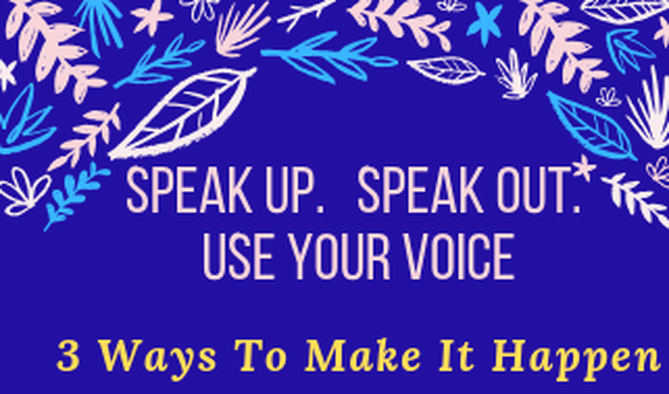
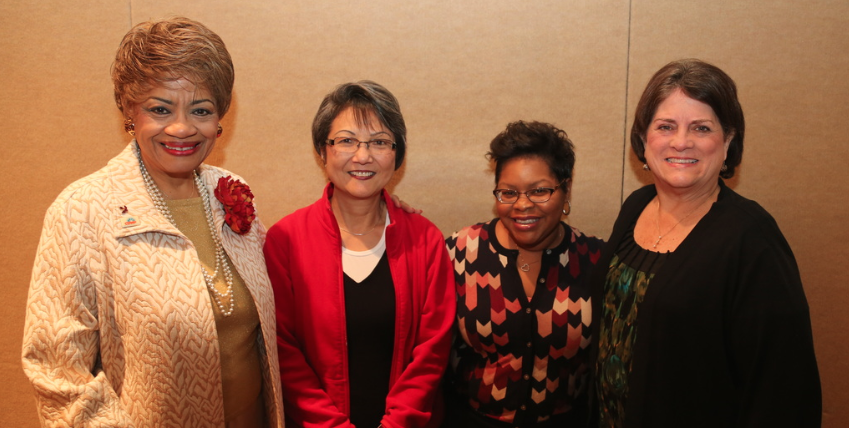
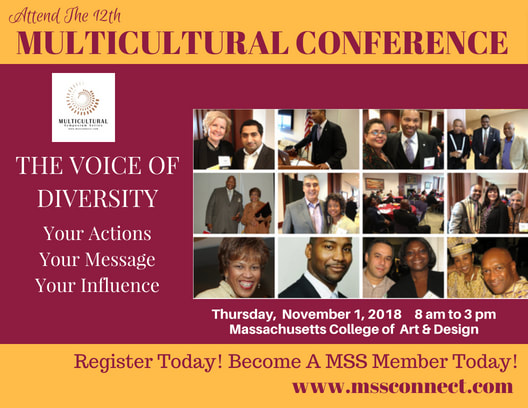
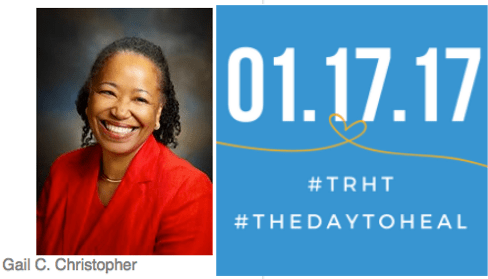
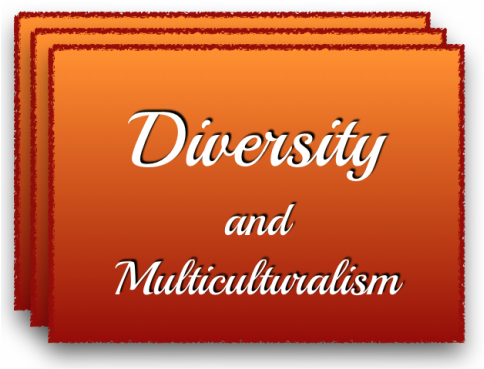
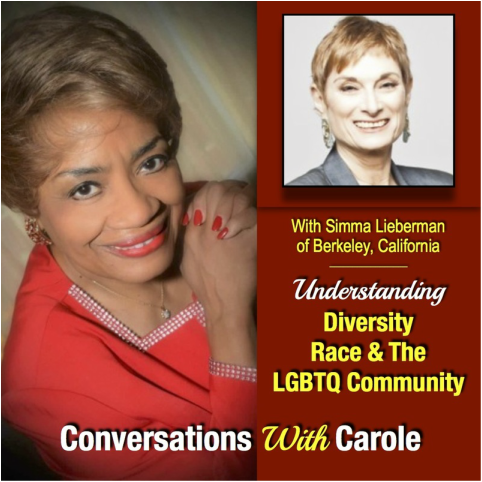
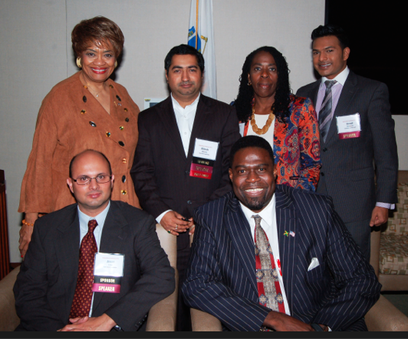
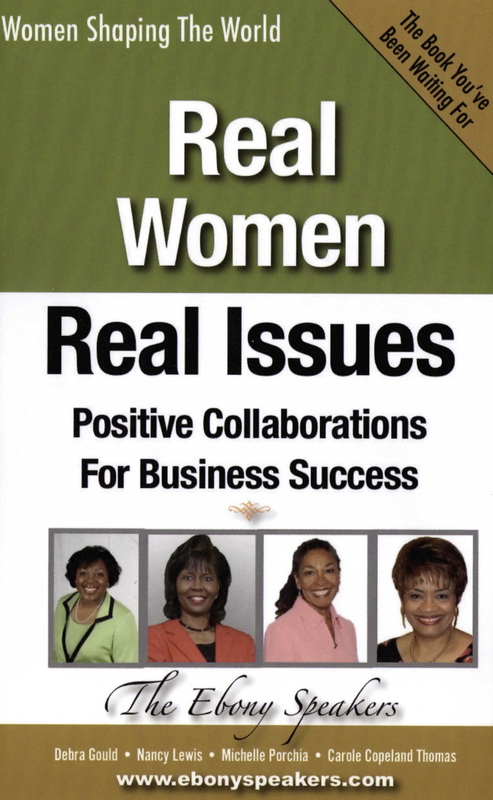
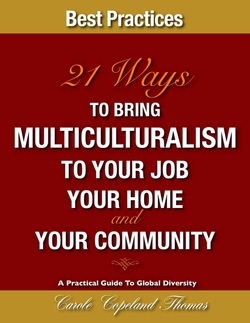
 RSS Feed
RSS Feed


